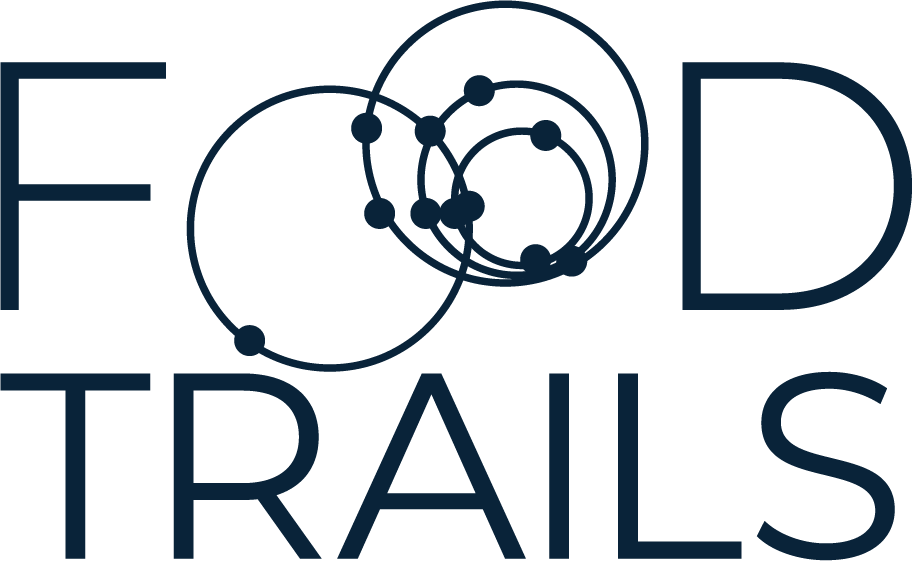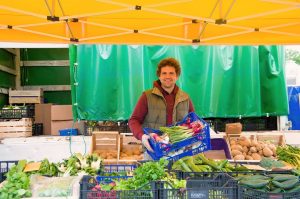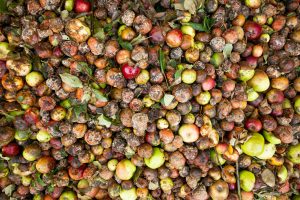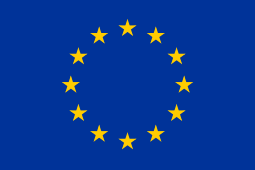On 15 March 2023, the Food Trails project hosted an internal knowledge exchange session with the World Bank’s Urban Food System Community of Practice.
Three European cities presented their insights and best practices on the topic of public food procurement, i.e., the food that city governments purchase for public meals, for example in school canteens, elderly care homes, and other municipal facilities.
Representatives from Milan and Copenhagen, alongside Barcelona from the Milan Urban Food Policy Pact, shared insights on how public procurement can support urban food systems and contribute to healthy and nutritious diets.
The session was moderated by Claire Bouillon, EAT Cities Senior Engagement Officer.
Shoba Shetty, Practice Manager in the Food & Agriculture Global Practice of the World Bank, opened the session with a few words on the Urban Food System Community of Practice (CoP) and the role of cities in creating sustainable urban food systems.
The CoP is a joint initiative between the World Bank’s Agriculture & Food Global Practice, Urban Global Practice, Urban Resilience and Land Global Practice, Poverty Global Practice, the International Finance Corporation (IFC) and CGIAR. The CoP provides a platform for exchange, to identify investment needs and policy opportunities, and to explore how these may be operationalized.
Andrea Magrini, Director of the Food Policy Department, City of Milan, kicked off the meeting by presenting the investment practices Milan municipality is using to shape public food procurement. To move towards a more sustainable and inclusive food system, the city launched its Food Policy in 2015. The Milan school canteen service is key to this, serving 77,000 meals per day.
The city uses public procurement to invest in its local food system, through procurement criteria and specific goals the city would like to achieve. Watch the recording for examples, and to understand how the municipality applies procurement ‘points’ to products.
These public procurement activities also achieve social, economic and environmental co-benefits, such as increased fair-trade products and gender parity, support of local farmers, local wholesalers and short supply chains, and a 42% reduction in emissions from school canteens since 2015.
Betina Bergmann Madsen is the chief procurement officer in Copenhagen Municipality and a specialist in the procurement of sustainable and organic food for the municipality’s 900 kitchens. Betina explained how procurement can be a powerful tool to help change the food system, and the role of the procurement lawyer in bringing municipal goals to life.
Betina outlined local political ambitions, the Copenhagen Food Strategy, the new official Danish dietary guidelines, and how these are translated into procurement contracts. An example includes adding a ‘climate weight’ in the procurement process, to make specific foods more valuable. Together with the World Health Organization, Betina and Denmark’s National Procurement Officer Network also developed a Catalogue for healthy and sustainable public food procurement, which serves as a comprehensive resource for procurement officers.
Maria Tarafa Orpinell and Montserrat Mateu Jofre, from the Urban Food Policy section of the Barcelona City Council, presented the new public purchasing regulations approved by the city. In 2022, the city developed the Barcelona Healthy and Sustainable Food Strategy for 2030, with a wholistic view of sustainable food systems.
By adopting new technical instructions, Barcelona City Council is committing to strengthening the inclusion of health, environment, and social criteria as part of the procurement practices of food. Watch the video to know more about the city’s priorities, food procurement criteria, execution, and measurement systems (in Spanish).
A Q&A session followed, with closing remarks by Judy Baker, Global Lead on Urban Poverty and Housing at the World Bank.
With cities playing a critical role in shaping food systems, public food procurement proves to be a powerful tool for promoting healthy and sustainable diets. It is clear that collaboration and multistakeholder engagement is critical in the development and implementation of healthy public food procurement. Policies and programs should be developed in consultation with a range of stakeholders, and take into account social, environmental and economic considerations.
Download speaker presentations
- Investments to shape Food Policy Procurement in Milan
Andrea Magarini – Food Policy Director, City of Milan
Download slides
- Public Procurement Manual
Betina Bergmann Madsen – Chief Procurement Officer in Copenhagen Municipality
Download slides
- Technical Instruction on Public Food Procurement
Maria Tarafa Orpinell and Montserrat Mateu Jofre, from the Urban Food Policy section of the Barcelona City Council
Download slides







